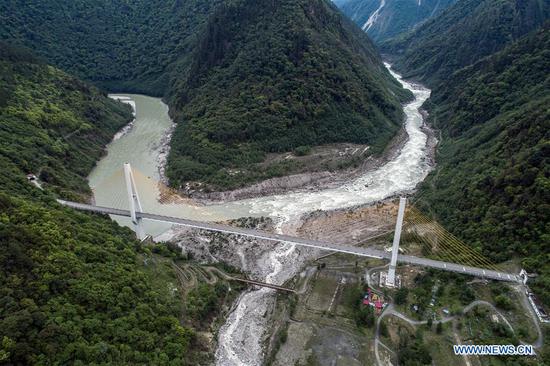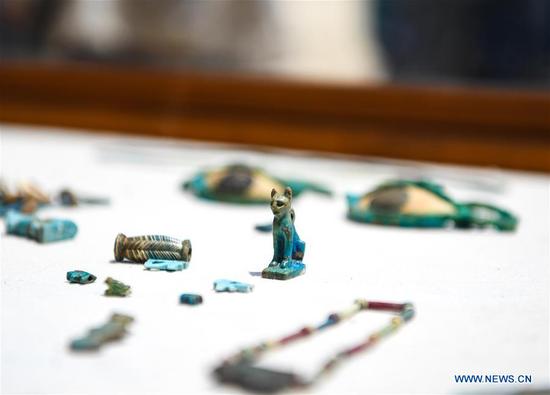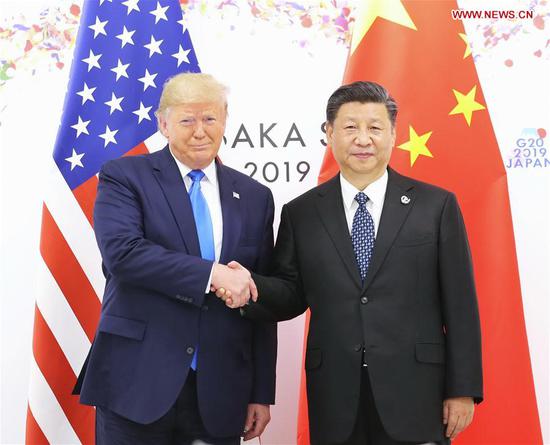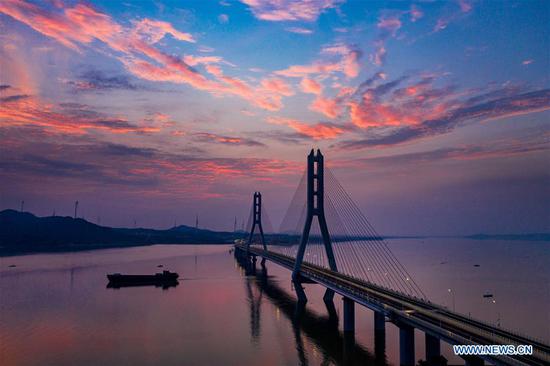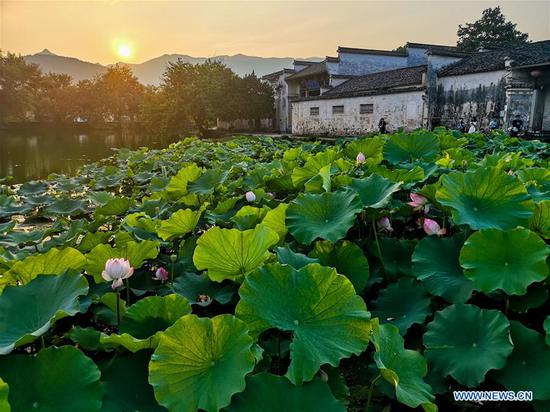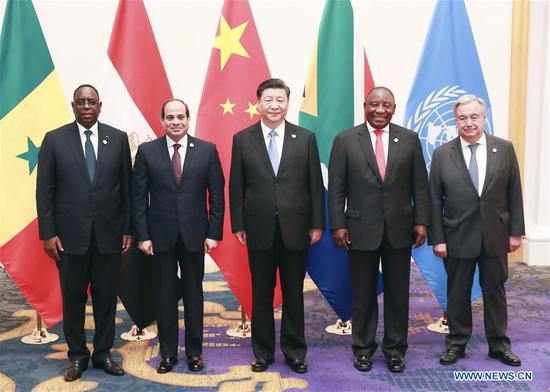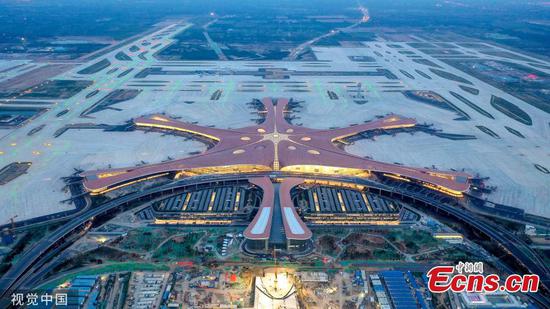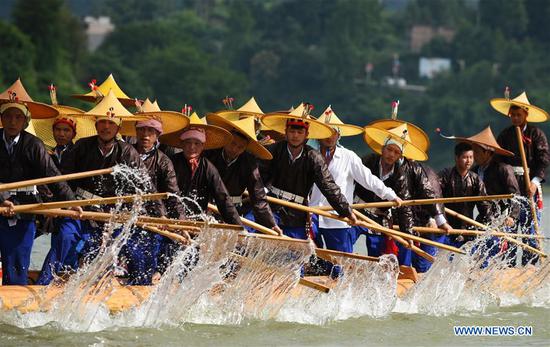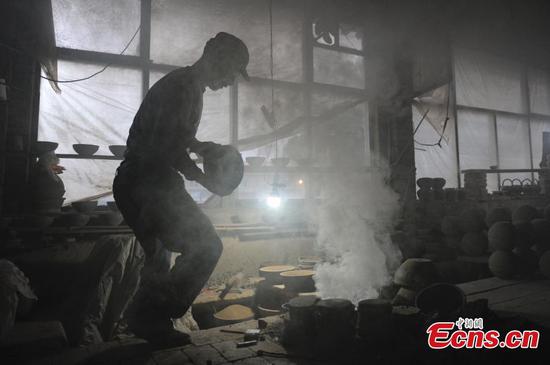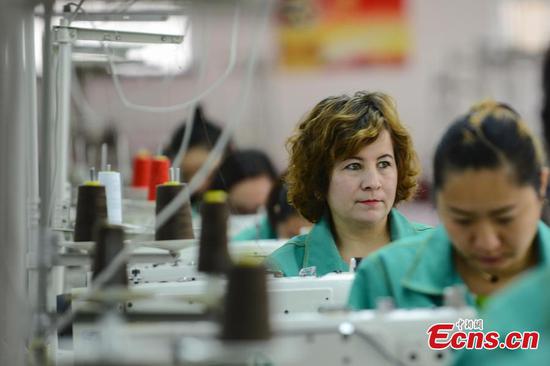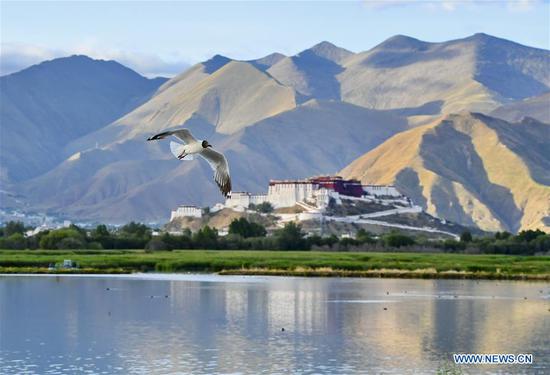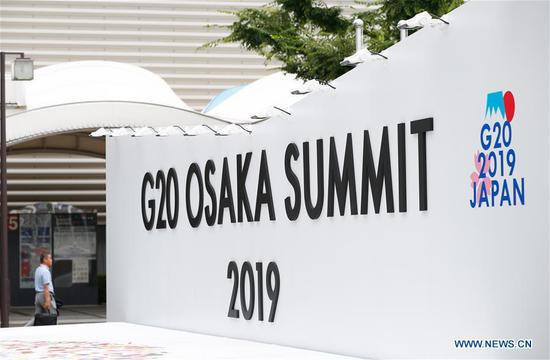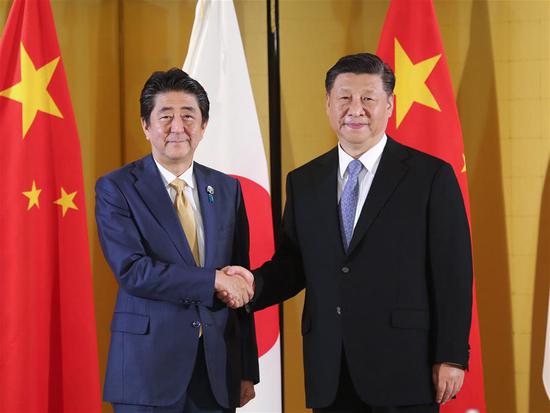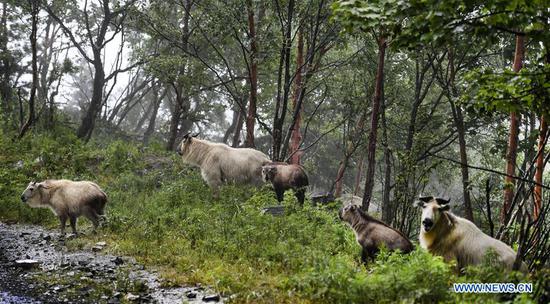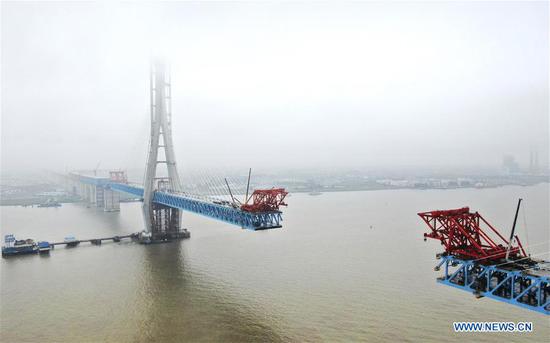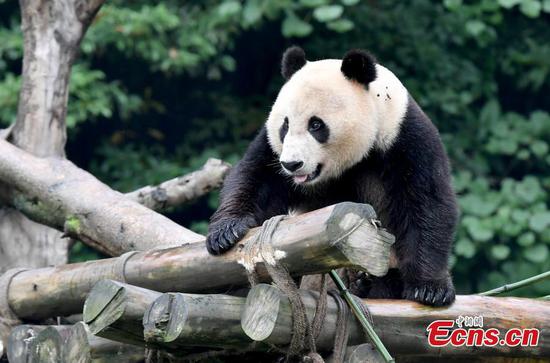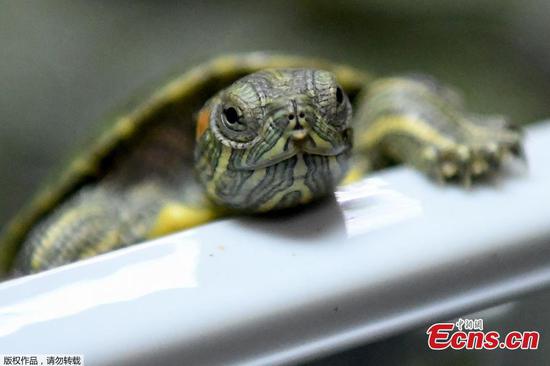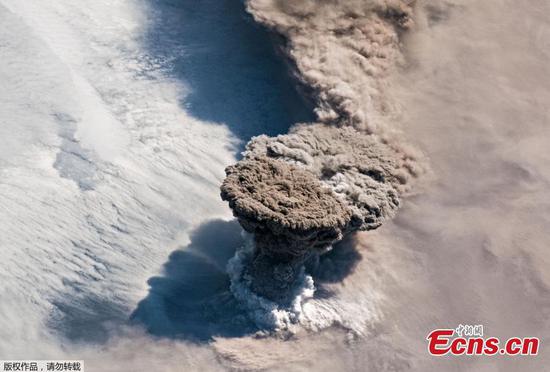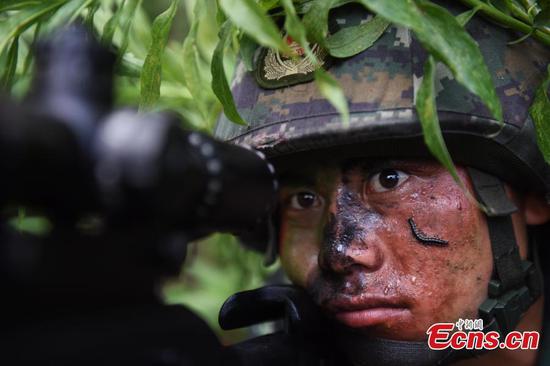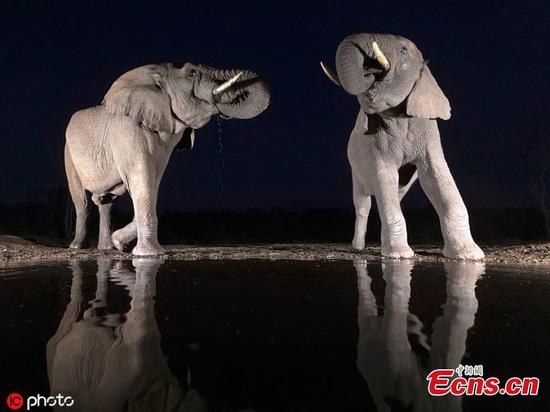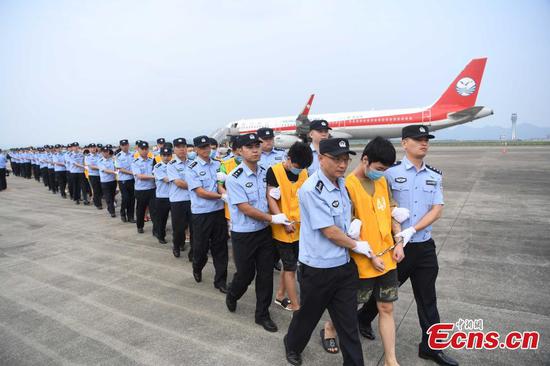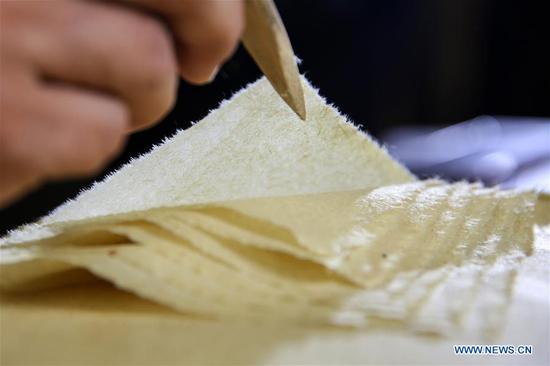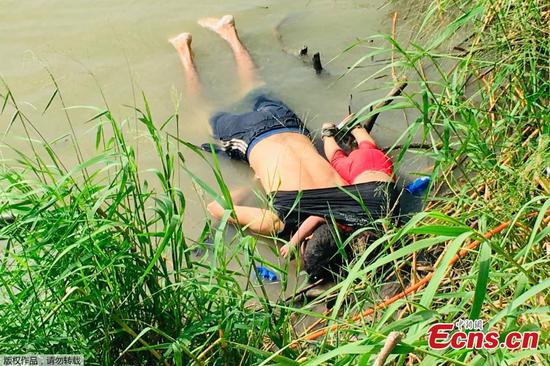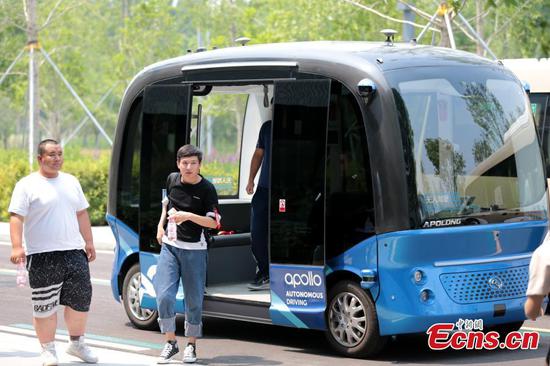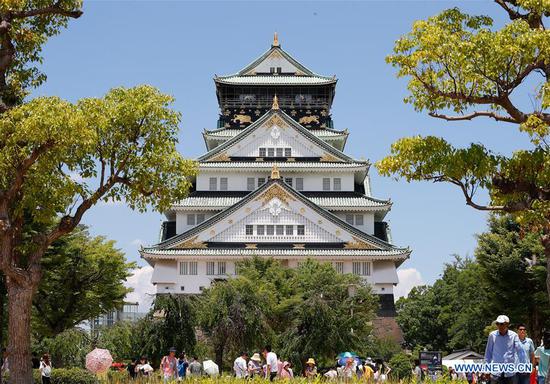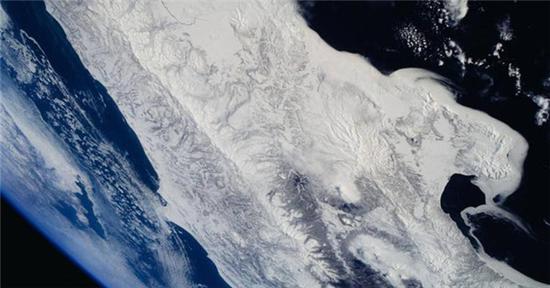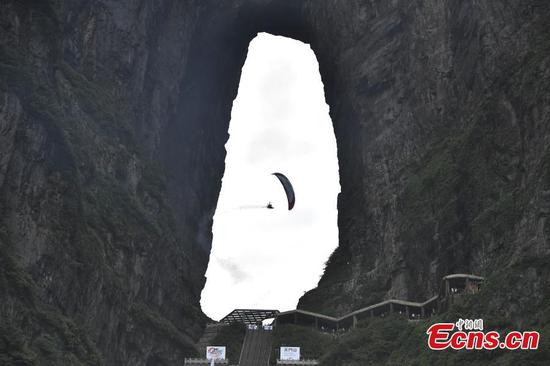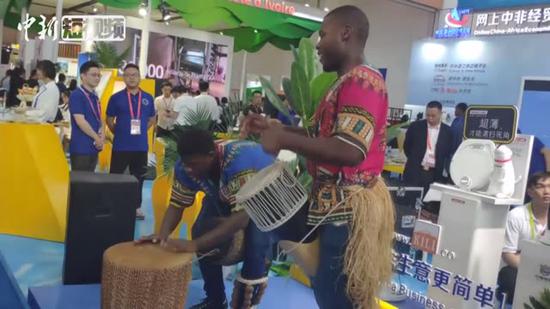As Frans Timmermans is reported to be the front runner for the next European Commission president, leaders of the 28 European Union member states have gathered on Sunday for a key meeting where central and eastern European countries have voiced strong opposition to the Dutchman.
OPPOSITION FROM EAST
Prior to the meeting, a number of European media reported that Timmermans, current first vice-president of the European Commission and lead candidate of the Party of European Socialists, is emerging as front runner under a possible compromise.
But leaders from Hungary, Poland and the Czech Republic publicly pushed it back as they arrived at the European capital.
Hungarian Prime Minister Viktor Orban said Timmermans would be a "serious or even a historical mistake."
Czech Prime Minister Andrej Babis, when asked about Timmermans, said: "I'm afraid that this person is not really the right one to unite Europe... because in the past we have a feeling that he was not very positive on our region."
Polish Prime Minister Mateusz Morawiecki does not view Timmermans as "a candidate of compromise", but a candidate who divides Europe and doesn't understand central Europe.
Timmermans is widely seen in that part of Europe as aggressive to implement Brussels's charge of rule of law, sowing strong opposition.
GENDER AND GEOGRAPHICAL BALANCE?
There have been strong calls for a gender and geographical balance in this year's nomination process, where the nominees of European Council - leaders of 28 member states - must be confirmed by votes at the European Parliament.
French President Emmanuel Macron stressed gender balance upon arrival. Without naming names, he said there should be two female nominations.
Key positions waiting to be filled include the president of the European Commission, the president of the European Council who chairs meetings of EU member state leaders, the speaker of the European Parliament, EU's foreign policy chief and the president of the European Central Bank, who heads its governing council that sets the interes rate for Europe.
Intense horse-trading is likely, but it's unclear whether Sunday's get-together would produce a package of nominations. Macron said upon arrival that the choice of ECB head should be delayed.
Latvian Prime Minister Krisjanis Karins said upon arriving at the meeting that "We need a good balance, a good geographical balance, a good political balance."
Potential female candidates include Danish EU Commissioner Margrethe Vestager and Kristalina Georgieva, a Bulgarian economic analyst serving as chief executive of the World Bank since 2017.
POSSIBLE LONG NIGHT
The evening's meeting followed an unsuccessful late-night meeting last week when EU leaders failed to forge consensus, and judging by their remarks on Sunday, it could be another long night.
Timmermans comes from the second largest political group in the European Parliament. His two "lead candidate" rivals, Manfred Weber and Margrethe Vestager, come from the biggest and the third-largest groups respectively.
Weber, a German from the European People's Party group, intends to follow the steps of Jean-Claude Juncker, the current president of the European Commission, to take the helm. But his candidacy is opposed by leaders from France and other countries, for supposedly lack of executive experience.
"The vast majority of EPP prime ministers don't believe that we should give up the presidency so easily, without a fight," Irish leader Leo Varadkar said on his arrival into the meeting.
Portuguese Prime Minister Antonio Costa said nothing is sealed until 28 (member states) speak on Sunday night, while Xavier Bettel, the Luxembourg leader, said all the lead candidates are "very much alive".
"I'm ready for what could be a long marathon tonight," said Italian Prime Minister Giuseppe Conte. Enditem









